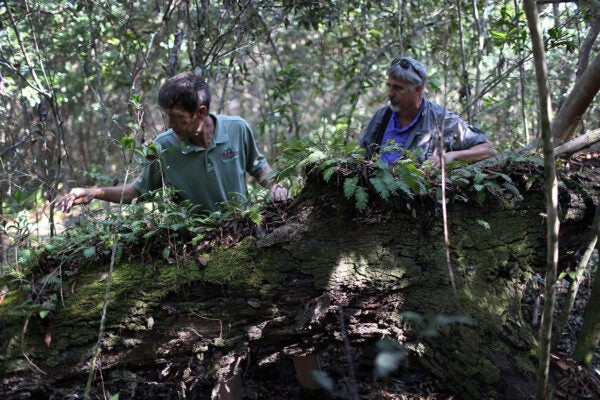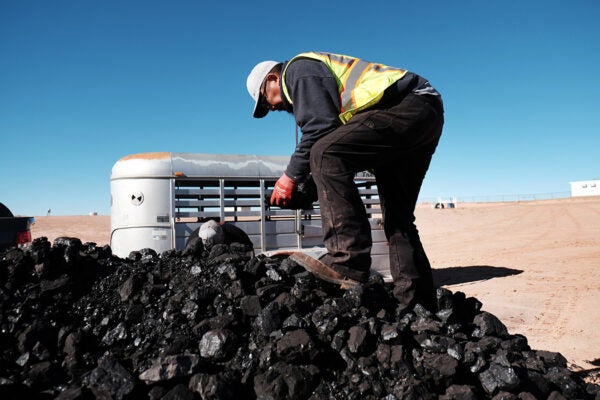The Huts of the Appalachian Trail
Scattered along the Appalachian Trail, “primitive huts” built in various styles offer shelter, social space, and evidence of the trail's long history.
The Vital Near-Magic of Fire-Eating Fungi
As wildfires grow in size and severity, researchers are learning more about the burn scar pioneers that are foundational to ecosystem recovery.
Witnessing and Professing Climate Professionals
What are scientists to do? Psychiatrist Robert Jay Lifton and historian of science Naomi Oreskes consider the social responsibility of climate scientists.
Renewable Energy and Settler Colonialism
What can we learn from colonial legacies in pursuit of sustainable futures?
Who Can Just Stop Oil?
Groups such as Just Stop Oil are calling for change, but their aims need to be considered with respect to more than a reductionist slogan.
Not All Forms of Carbon Removal Are Created Equal
The carbon market and offsetting system have created “carbon cowboys” and perpetuated forms of neo-colonialism and other inequities.
Grilling the Globe
Could meat taxes help to curb over-consumption of beef and mitigate climate change?
Divest or Invest? A Climate Change Question
Divestment from fossil fuel corporations is a common call of climate activists, but divesting could be counterproductive to efforts combating climate change.
Is the COP28 Climate Deal Enough?
The agreement mandates a reduction in greenhouse gas emissions created by burning fossil fuels and formally adopts a climate loss and damage fund.
Climate Justice as Climate Reparations
Climate justice activists want countries of the Global North to make up for centuries of uneven industrialization, deforestation, extraction, and consumption.









